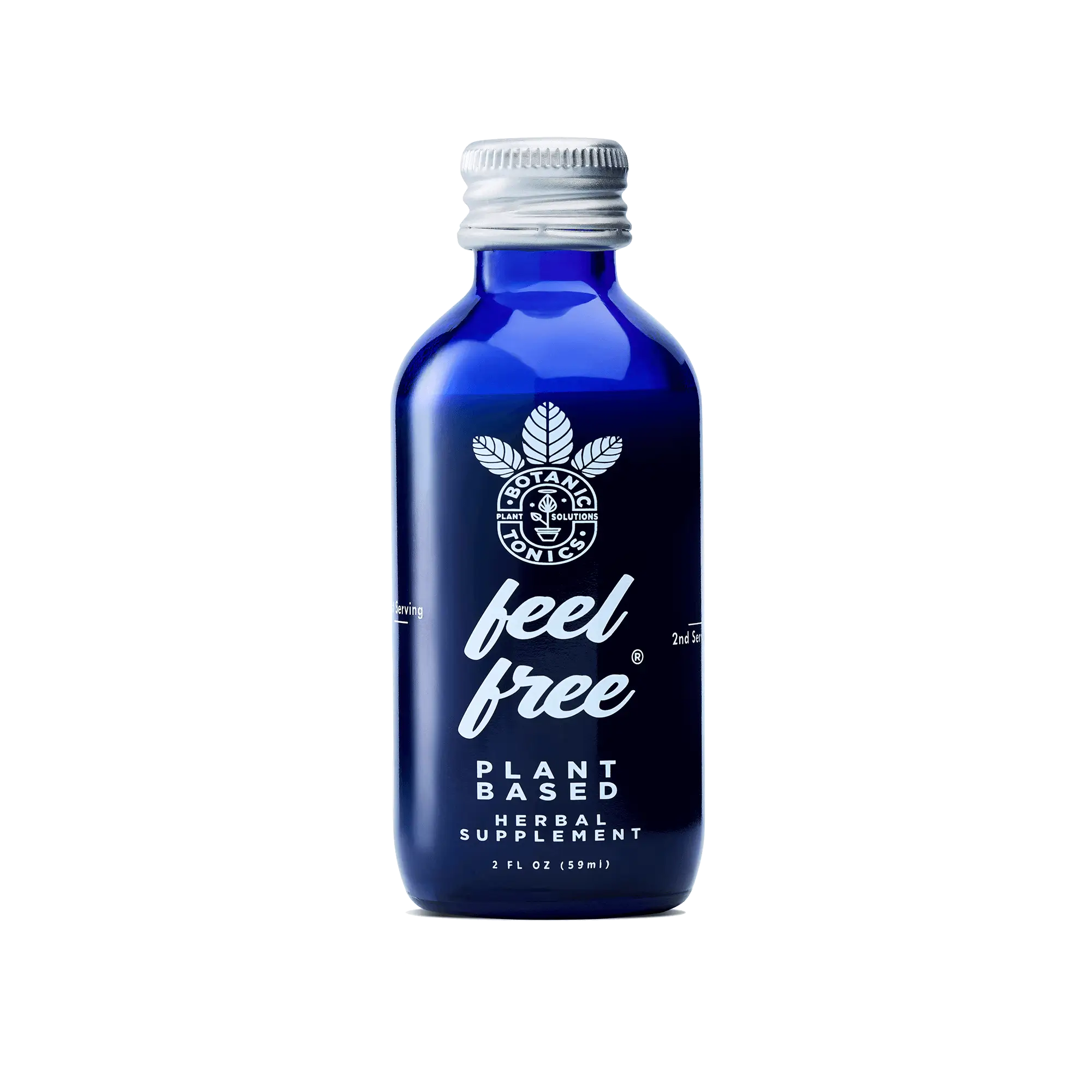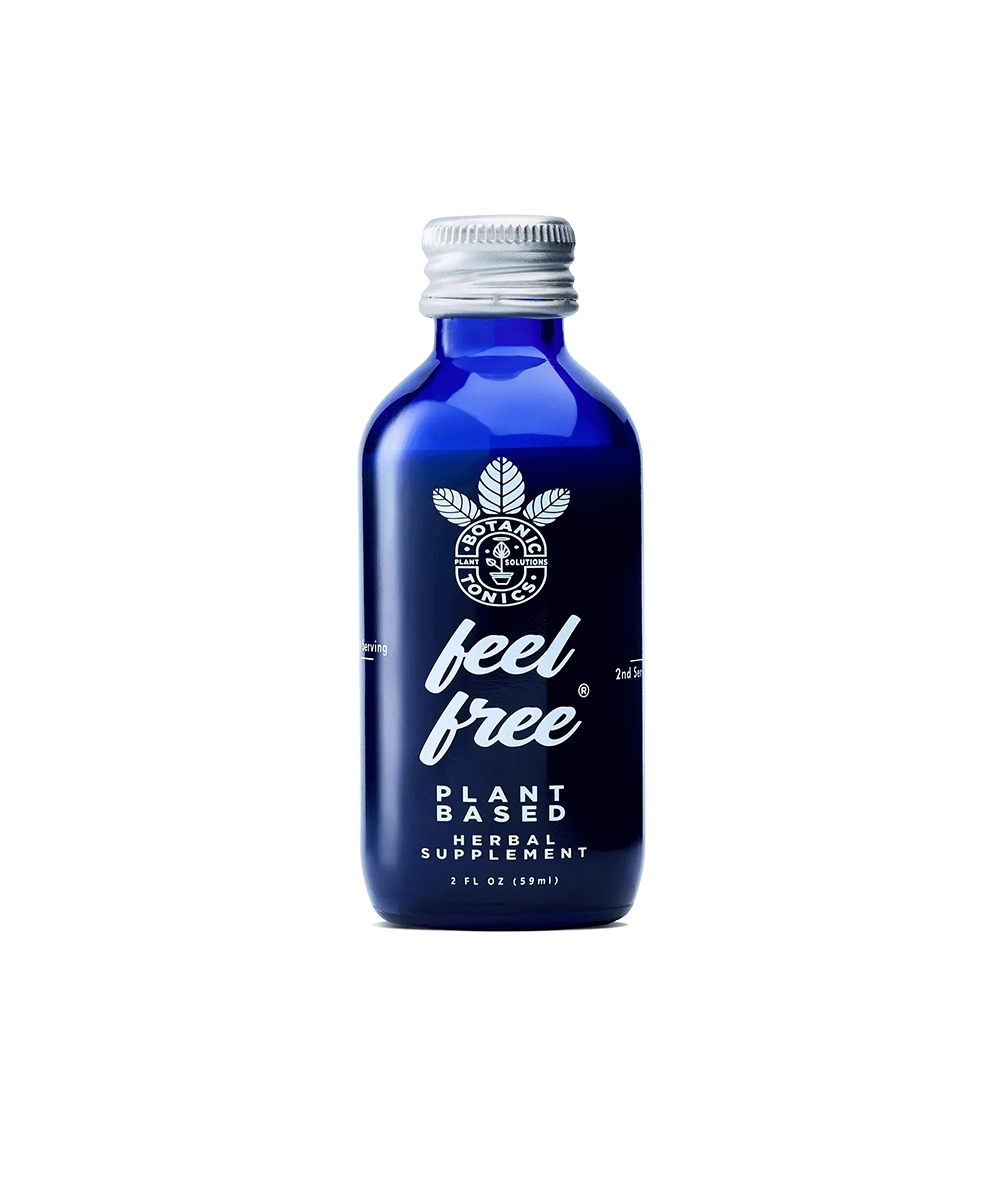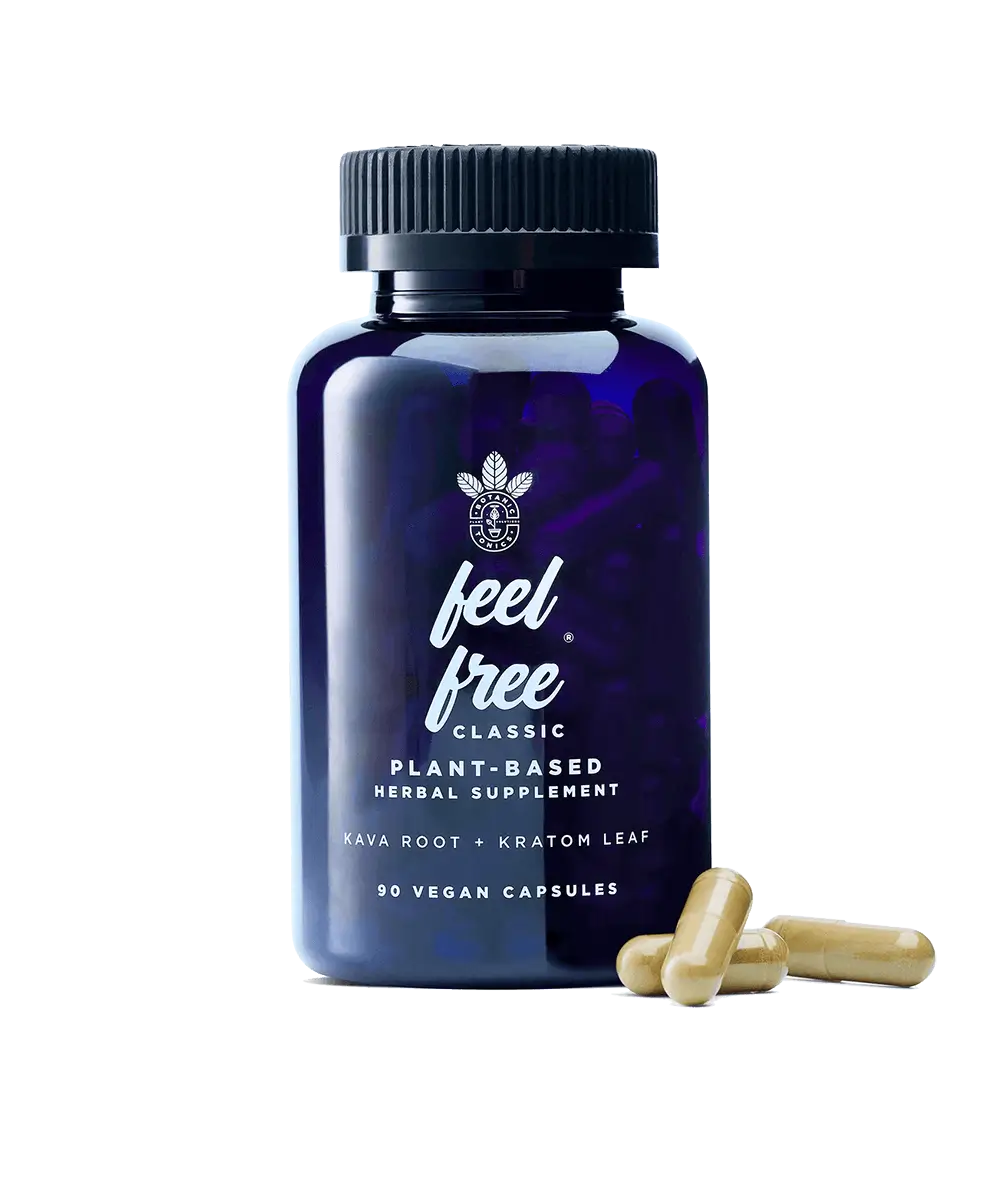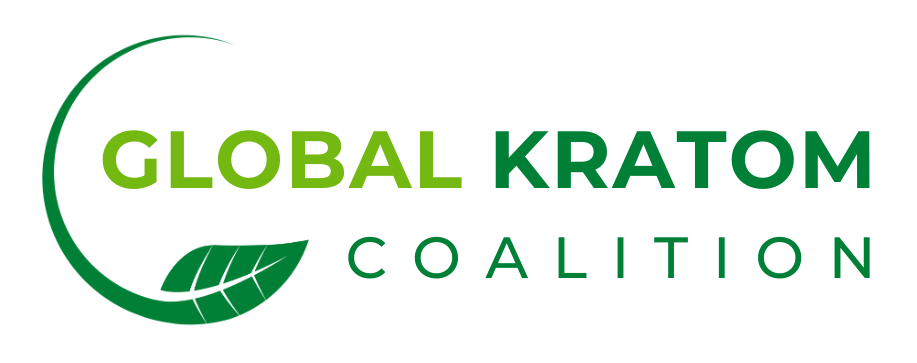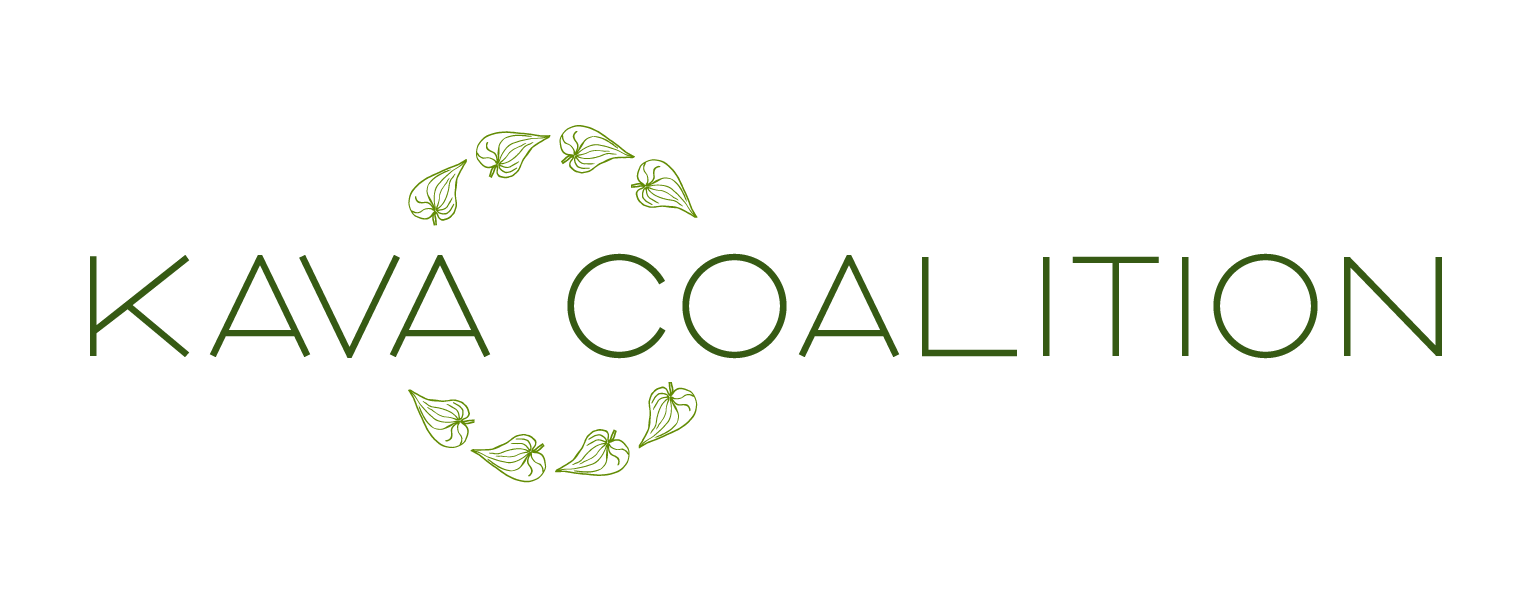6 Natural Solutions for Brain Fog Relief
Have you ever woken up nice and early—maybe to go for a hike or start a road trip—and seen the world carpeted in fog? Like a heavy blanket muffling the world around you, that mist makes everything seem fuzzy and unfocused.
Now imagine that happening inside your mind. That’s brain fog.
“Brain fog” may not be an official medical term, but it’s probably something you’ve heard about. If you’re fuzzy on the details of a hazy brain, read up on the ins and outs of mental fog and fatigue before looking for treatments. When your brain feels foggy, you might experience brain fog symptoms like:[1]
- Forgetfulness
- Memory problems
- Difficulty concentrating
- Tiredness
Luckily, that fogged-in feeling doesn’t have to be permanent. In this short guide, we’re sharing six natural remedies for brain fog.
Supplements and Dietary Changes
Sometimes, finding your way out of a fog is as simple as changing what you put into your body.
You probably know that your diet affects how you feel physically. But nutrients and vitamins are just as vital to your mental health or brain health. Here are three plant-based remedies you may want to get more of to clear brain fog and support cognitive performance.
#1 Rhodiola
This cold-climate herb (Rhodiola rosea) grows in the mountains of Asia and Europe. For people in those areas, rhodiola—also known as arctic root or golden root—has been part of traditional culture for centuries.
Rhodiola is an adaptogen, meaning it can help the body adapt to occasional stress, one of the major contributors to brain fog.[2] It has also been used as a treatment for mental fatigue, and occasional anxiety, making it a terrific plant-based remedy for cognitive challenges. Read more on the most effective adaptogens for stress.
#2 Kava Root
Kava kava (Piper methysticum) is a plant grown in the islands of the South Pacific. Its root has long been used in traditional rituals and ceremonies, and its reported benefits include:
- Relief from occasional stress
- Relaxation
- Mood elevation
- Increased sociability
In other words, kava is one of the most effective natural remedies for brain fog. And you don’t have to travel to Vanuatu to find it; it’s in supplements like our kava energy tonic and capsules, which combine other natural ingredients.
#3 Lion’s Mane Mushroom
This off-white, alien-looking mushroom (Hericium erinaceus) has a long history in Traditional Chinese Medicine, and recent studies have confirmed the cognitive performance benefits. Studies suggest that lion’s mane may help boost energy levels and combat fatigue, and even reduce stress.[3]
You can cook up lion’s mane mushrooms just like you would meat, compressing the shaggy, mane-like mass into something resembling steak. However, if you don’t feel like putting on an apron (or you’re not a fungus fan), you can clear brain fog with lion’s mane using a variety of capsules and supplements.
Lifestyle Changes
Of course, not every method for clearing brain fog needs to be ingested. You can incorporate other all-natural practices to combat brain fog and feel your best.
#4 Sleep
The solution to your brain fog symptoms may be in your bedroom. One of the leading causes of mental fatigue and fog is a lack of sleep. When you’re sleep-deprived, your brain function declines - thought processes slow down, you develop memory problems, and you may struggle to learn new things.[4]
While the amount of sleep a person needs depends on age and other personal factors, most adults need at least seven hours of sleep per night.[5]
However, your time spent asleep isn’t the only factor that matters. That snooze needs to be a quality sleep. And for that to happen, you’ll need:[6]
- A consistent sleep schedule
- A dark, quiet environment
- A few device-free moments before bed
#5 Exercise
And here’s another way to feel more sleepy at bedtime: Be active. When you exercise during the day, you may find it easier to fall asleep at night.[6]
However, exercise helps with mental clarity in other ways, too. Regular activity can help calm your stress and anxiety, fight memory loss, and even reduce the risk of cognitive decline.
You don’t have to run a marathon to reap brain health benefits, either. Something as simple as walking through your neighborhood or stretching can get your blood pumping and help with clearing brain fog.
#6 Meditation
Some people describe brain fog as a disconnect between the mind and the body. What better way to bridge that gap than with mindfulness?
Mindfulness practices like meditation can help you combat brain fog symptoms. Even if you’re a beginner meditator, a few minutes of focusing and breathing can increase concentration.[8]
If you’re new to meditating, check out YouTube YouTube or one of the many meditation apps to get started.
Triumph Over Brain Fog With Botanic Tonics
If that blanket of mental fog is weighing too heavily on your mind, don’t worry—the potential natural remedies are within reach.
Plant-based remedies like kava, rhodiola, and lion’s mane, combined with healthful lifestyle choices like sleep and exercise, can make all the difference in your battle against brain fog.
While we can’t bottle a meditation routine, we have put together a proprietary blend of lion’s mane, rhodiola, kava, and other beneficial ingredients in our feel free® tonics capsules to help you achieve ultimate mental clarity.
Try Botanic Tonics today, and watch as your brain fog dissipates like mist on a sunny day.
Sources:
- Journal of Neurology, Neurosurgery & Psychiatry. What is brain fog? https://jnnp.bmj.com/content/94/4/321
- Cleveland Clinic. Strategies for Busting Up Brain Fog. https://health.clevelandclinic.org/brain-fog
- Forbes Health. Health Benefits Of Lion’s Mane. https://www.forbes.com/health/supplements/health-benefits-of-lions-mane/
- WebMD. What Lack of Sleep Does to Your Mind. https://www.webmd.com/sleep-disorders/features/emotions-cognitive
- Harvard Health Publishing. How much sleep do you actually need? https://www.health.harvard.edu/blog/how-much-sleep-do-you-actually-need-202310302986
- Centers for Disease Control and Prevention. Tips for Better Sleep. https://www.cdc.gov/sleep/about_sleep/sleep_hygiene.html
- Centers for Disease Control and Prevention. Physical Activity Boosts Brain Health. https://www.cdc.gov/nccdphp/dnpao/features/physical-activity-brain-health/index.html
- 8. National Center for Biotechnology Information. Brief Mindfulness Meditation Improves Attention in Novices: Evidence From ERPs and Moderation by Neuroticism. https://www.ncbi.nlm.nih.gov/pmc/articles/PMC6088366/

